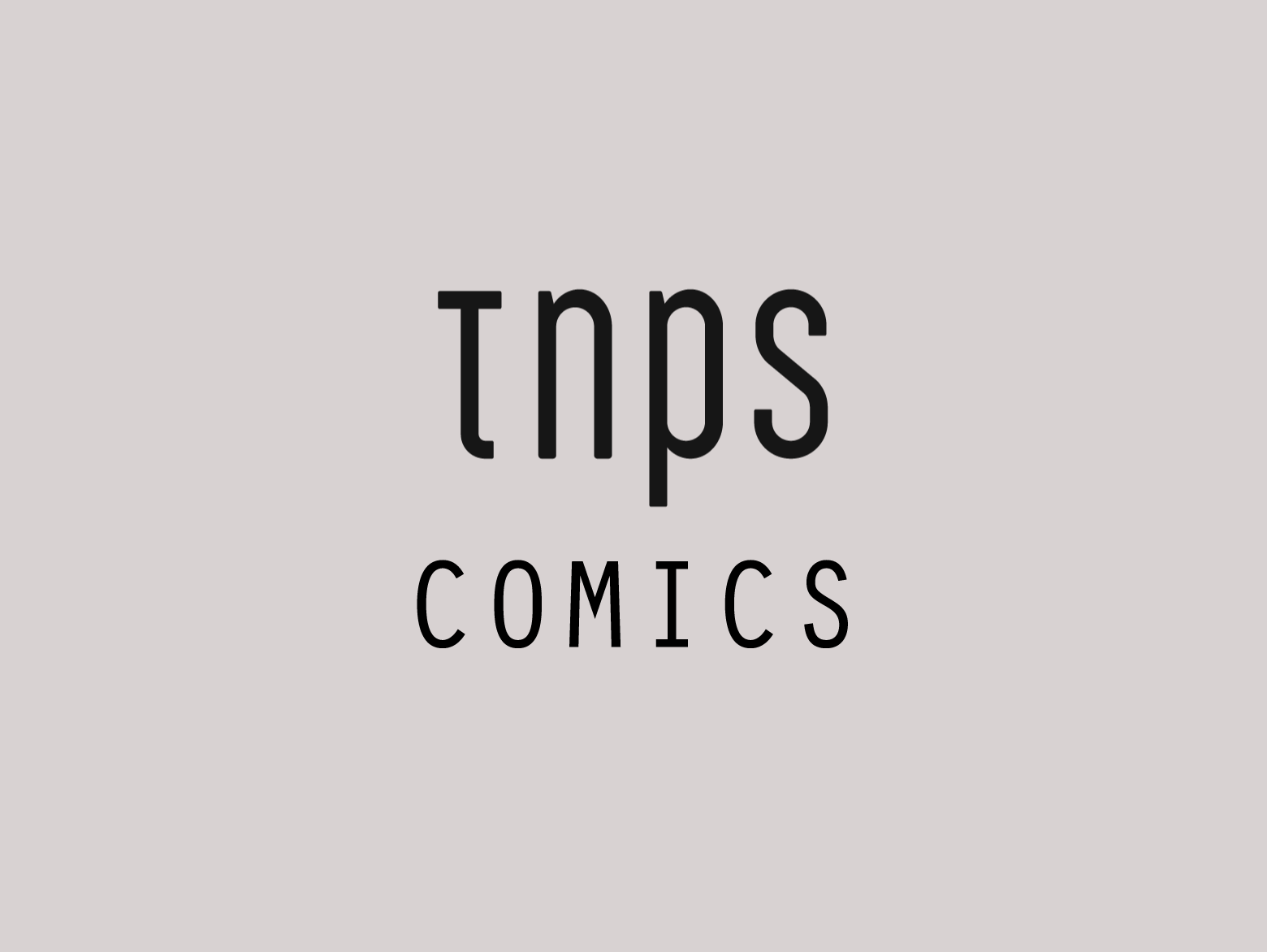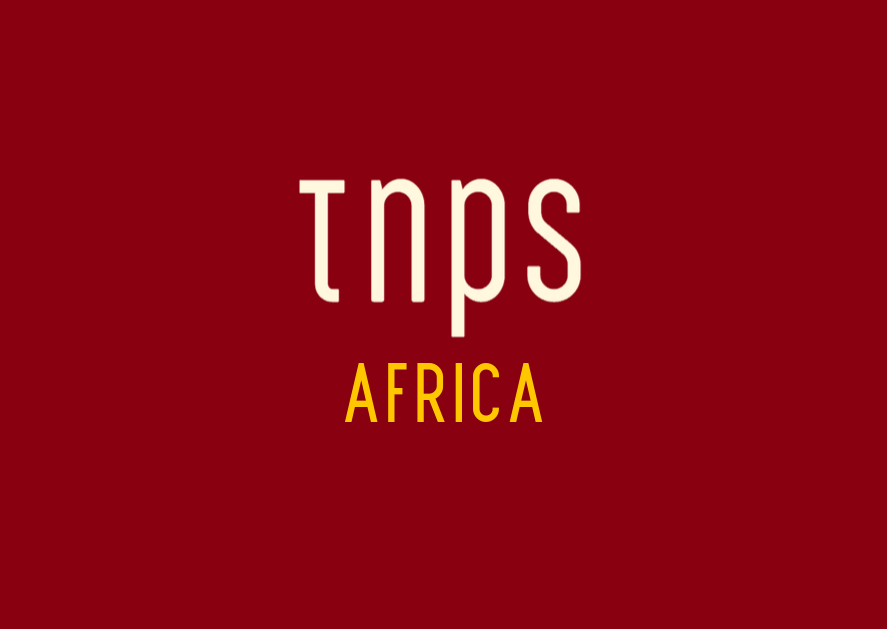Which reader is so poorly educated that they might be confused by the fact that there are a lot of books available?
The regular slot over at Publishing Perspectives that allows Richard Charkin free reign is always worth a read, but sometimes Charkin shows signs of losing his footing amid the industry’s fast-shifting sands.
This week was one such example, where Charkin asked an AI chatbot to identify megatrends in the publishing industry, while clearly not understanding that the response to the question will be determined by the way the question is framed, and that responses can be refined to gain further clarity.
The result was a mishmash of useful insight ensconced in unhelpful misunderstanding of what the “robot” (Charkin’s word) can and cannot do, and in doing so it showed some worrying misunderstandings on Charkin’s part about certain elements of the 2020s publishing industry.
This was Charkin on self-publishing, where Charkin talks of, I kid you not, “ISBN hyperinflation”.
Self-publishing and independent authors: Specifically, this megatrend has resulted in ISBN hyperinflation. The last 10 years in the United States alone have seen author-published ISBNs increase more than tenfold to in excess of 2 million titles. On one hand, this can be seen as a healthy indicator of the cultural well-being of a country. On the other hand, such a plethora of new books has inevitably led to arteriosclerosis of distribution channels and reader confusion. I’m the last person, I hope, to argue against self-publishing, but we do need somehow to allow it to flourish alongside “traditional” publishing where each can benefit the other.
Charkin seems not to appreciate that most self-publishers do not bother with ISBNs at all, given they are not needed to publish to the major ebook platforms, so the “plethora of new books” will be much greater than the purchased ISBN record will show.
But seriously, “arteriosclerosis of distribution channels and reader confusion”?
Where does this nonsense come from? Which reader is so poorly educated that they might be confused by the fact that there are a lot of books available?
Where is there any evidence of “arteriosclerosis of distribution channels”? Digital platforms have infinite shelf-space and zero delivery bottlenecks, so the only possible “arteriosclerosis of distribution channels” will be happening in the print sector, where physical supply chain issues are exacerbated by mainly traditional publishers churning out endless new titles all competing for limited shelf-space and shelf-time.
Charkin might want to consider the Publishers Weekly report in February that told of self-published authors generating $874 million in e-book sales in 2022, all untracked by the AAP.
That suggests not so much “arteriosclerosis of distribution channels” but rather a well-oiled digital distribution machine where self-published authors are connecting with readers that are clearly not in the least bit confused.
Charkin says, “we do need somehow to allow (self-publishing) to flourish alongside “traditional” publishing where each can benefit the other.”
Who is this royal “we” Charkin talks of? And when do “they” get to choose whether or not self-publishing will be “allowed” to flourish or otherwise?
Charkin also seems to have the wrong idea about the reach of e-commerce.
“Back in the 1990s, if a hypothetical fairy godmother had suggested to me a new system whereby every book published would be available for ever anywhere in the world at a discounted price and delivered to your home within 24 hours I’d have clapped my hands with joy (after overcoming my disbelief) and upped my sales projections by at least 25 percent. As we now know this wish was granted.”
Wait, Richard, are you seriously saying you believe that in 2023 “every book published (is) available for ever anywhere in the world”?
This was a fantasy created by Jeff Bezos in the early days of the Kindle store – an ambition Amazon quietly dropped from its site in recent years – but often now perpetuated by Mike Shatzkin in his Ingram promotion pieces with the same gay abandon for fact.
Even if the global digital infrastructure existed, publishers’ obsession with territorial rights mean the idea of “every book published available for ever anywhere in the world” has very little chance of ever becoming reality.





